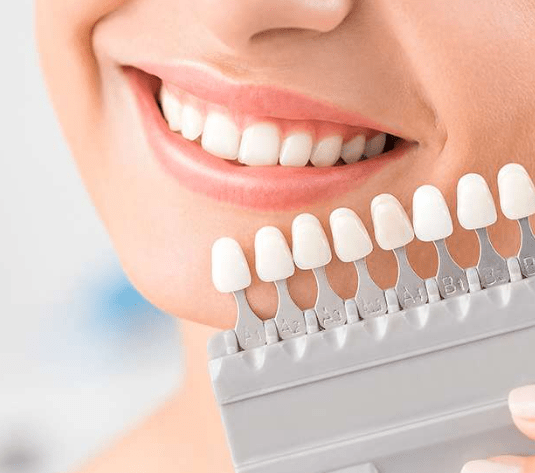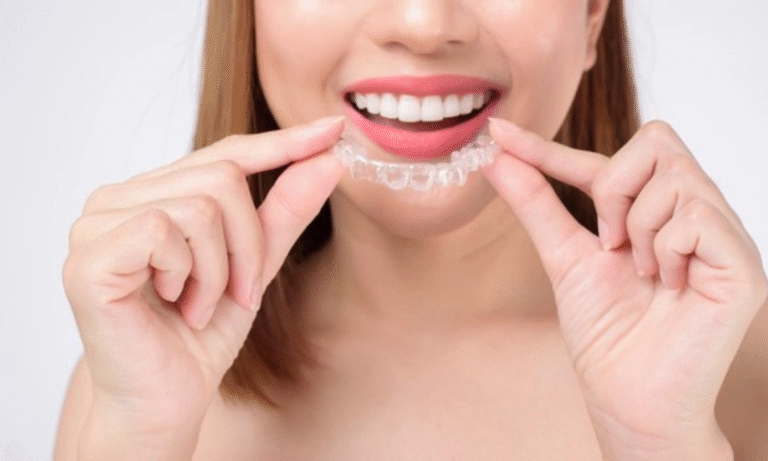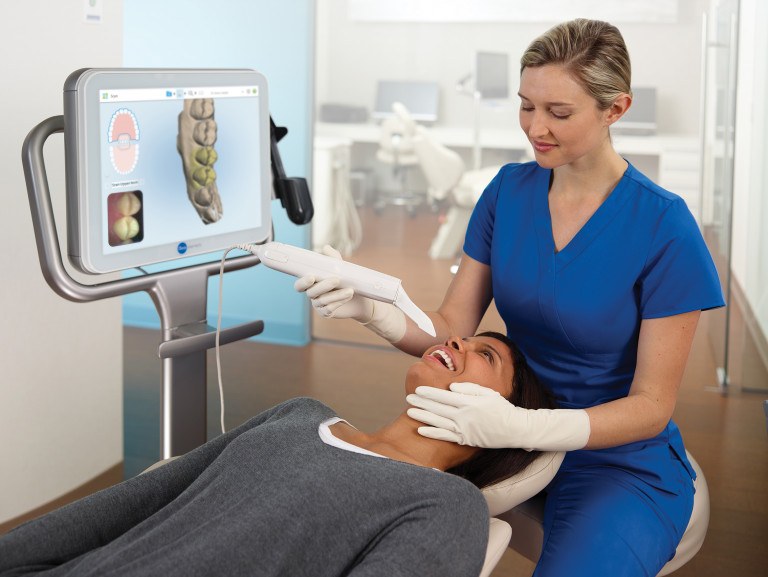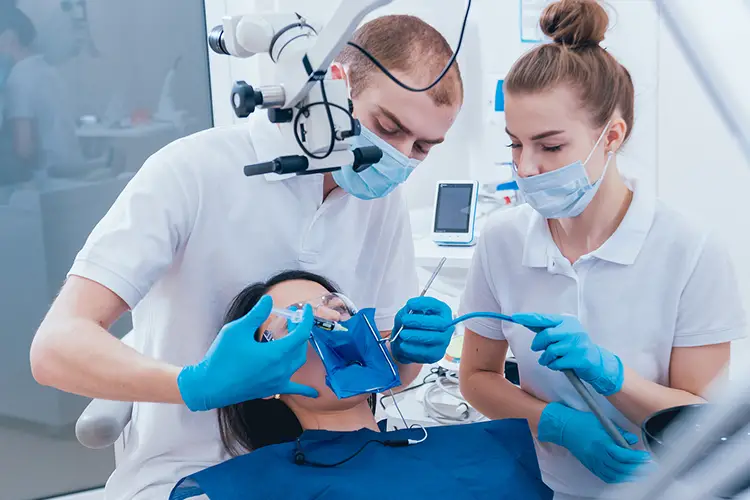Caring for Your Veneers: Tips to Maintain a Radiant Smile

Dental veneers offer a durable and aesthetically pleasing enhancement for your teeth. Whether you’ve had veneer treatment to cover imperfections or to create a uniform smile, proper care is key for maintaining its functionality and appearance. Their longevity heavily depends on consistent care and attention. Let’s examine key tips to care for your veneers, making sure they remain a lasting contribution to your smile.
Brushing and Flossing
A fundamental step in maintaining veneers is a proper oral hygiene routine. Brush your teeth, including the veneers, twice daily using a soft-bristled toothbrush and non-abrasive toothpaste. Hard-bristled toothbrushes and abrasive toothpastes can damage the polished surface of veneers, resulting in scratches that may dull their appearance over time. Also, whitening toothpastes, though suitable for natural teeth, may erode your veneers and compromise their integrity.
Flossing daily is equally key. Removing food particles and plaque from between teeth and along the gum line reduces the risk of gum disease and makes sure they remain securely bonded. Contemplate using an alcohol-free mouthwash, as alcohol-based products can weaken the adhesive bonding of veneers over time.
Mindful Eating
Maintaining veneers also involves being mindful about what you eat and how you chew. Hard and sticky foods can challenge the durability of your veneers. Avoid biting into hard substances, like ice, bones, or hard candy, as they can chip or damage the veneer surface. Sticky foods such as caramel or taffy may pull at the veneers, increasing their risk of dislodging.
Also, use caution when eating foods or drinks known to stain, like coffee, wine, or soy sauce. While veneers are stain-resistant, excessive exposure may alter their color over time. Drink staining beverages through a straw to reduce direct contact with veneers whenever possible. Chewing with your back teeth is another helpful practice to protect its structure.
Contemplate Mouthguards
Wearing a mouthguard is highly recommended for patients who grind or clench their teeth (a condition known as bruxism). Bruxism places excessive pressure on veneer treatment, potentially causing fractures or weakening the bond to natural teeth. A custom-fitted mouthguard offers a protective barrier between your upper and lower teeth, preventing unnecessary damage.
Veneers subjected to nighttime grinding are at a higher risk of premature wear. Discuss mouthguard options with your veneer dentist to make sure they are tailored to your dental structure for the best protection. For athletes, using a sports mouthguard during high-impact activities protects the veneer treatment and prevents dental injuries.
Regular Dental Checkups
Regular visits to your dentist play a key role in keeping your veneers in optimal condition. Schedule professional dental cleanings every six months, or as your dentist recommends. These cleanings remove hardened plaque and provide an opportunity to assess the health of your veneer treatment.
Checkups allow your dentist to inspect them for signs of wear, damage, or discoloration. Hairline cracks or bonding issues can be addressed early to prevent more significant complications. During these appointments, professional polishing methods will also restore the shine of your veneers without causing abrasion. For those new to veneer treatment, your dentist may provide ongoing guidance on their care, tailored to your specific dental structure and habits.
Schedule an Appointment for Veneers Today
Caring for your veneer treatment is straightforward with consistent oral hygiene, mindful daily practices, and professional support. By integrating these key habits, you can make sure that your veneers remain functional and visually appealing for a long time. Schedule a consultation with your dentist today for expert advice and guidance on veneer treatment.
- What to Expect When Visiting a Foot and Ankle Specialist
- Causes of PTSD
- The Link Between Plantar Fasciitis and Weight Gain: What You Need to Know
- How Pet Ownership Can Positively Impact Life with Fibromyalgia
- The Importance of Stretching and Flexibility in Sports Medicine
Dr. Emma Green is a health and wellness expert with over 10 years of experience in nutrition and fitness. Passionate about helping others live their healthiest lives, Dr. Green shares practical advice on wellness, nutrition, and sustainable living through LivingSpristine.






